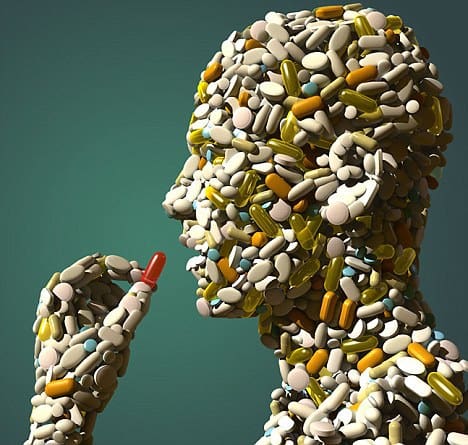 Antioxidants are substances or nutrients in our foods which can prevent or slow the oxidative damage to our body. When our body cells use oxygen, they naturally produce free radicals (by-products) which can cause damage. Antioxidants act as “free radical scavengers” and hence pre-vent and repair damage done by these free radicals.
Antioxidants are substances or nutrients in our foods which can prevent or slow the oxidative damage to our body. When our body cells use oxygen, they naturally produce free radicals (by-products) which can cause damage. Antioxidants act as “free radical scavengers” and hence pre-vent and repair damage done by these free radicals.
How do Anti-oxidants Affect Heart Health?
Health problems such as heart disease, macular degeneration, diabetes, cancer etc are all contributed by oxidative damage. Indeed, a recent study conducted by researchers from London found that 5 servings of fruits and vegetables reduce the risk of stroke by 25 percent. Antioxidants may also enhance immune defense and therefore lower the risk of cancer and infection.
Although the benefits to PA have been well documented over time, the possibility of negative effects remain controversial. Potentially negative effects occur because elevated aerobic exercise metabolism increases the production of free-radicals. Free radical production in humans and subsequent tissue damage are not directly measured, but this increase could possibly overwhelm the body’s natural defenses and pose a health risk from an elevated oxidative stress level. Free radicals also play a role in muscle injury from exercise, particularly eccentric muscle actions and unaccustomed exercise. Damage of this type releases enzymes and initiates inflammation, causing pain and dysfunction.
Free Radical Damage
Damage from free radicals has been shown to be irreversible in some cases but the newest research indicates that in well-nourished subjects, the body’s natural defenses are sufficient at controlling damage and present a healthy response to elevated levels of free radicals.
Supplementing with antioxidants is another matter. There is debate currently as to whether or not antioxidants consumed help in the process of recovery and buffering free radicals, as well as whether or not supplementation will prevent the muscle tissue damage following an acute exercise bout.
Nutrition Coaching is a structured process of interactions and learning activities geared at helping your client to improve their eating patterns and to fuel them properly for sports, training or any PA. It will involve both your knowledge and your skills as a coach. Having knowledge of vitamins and minerals is just one of the many foundations required for success in the health, wellness and fitness industries.





